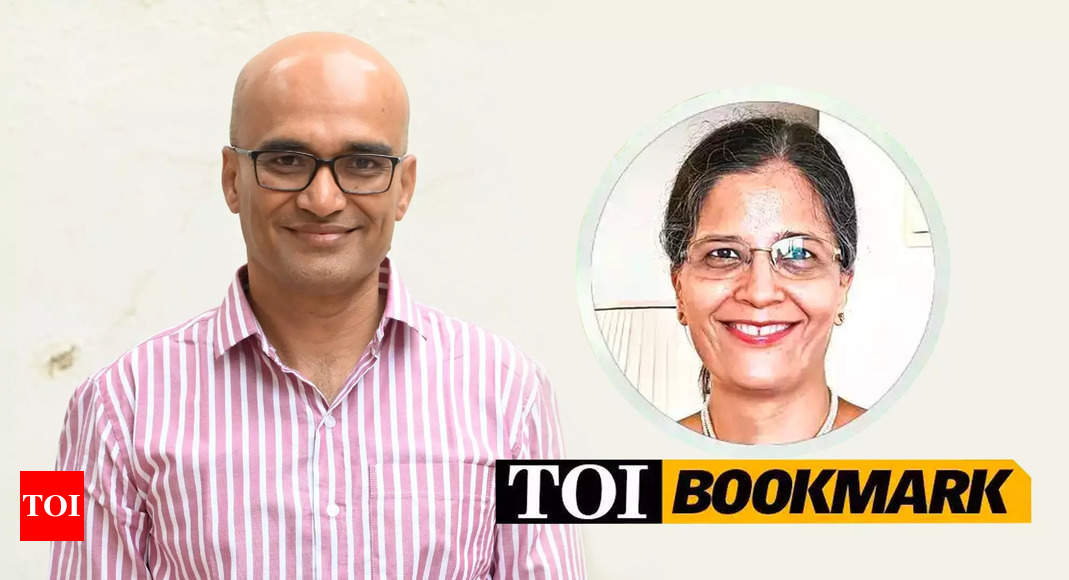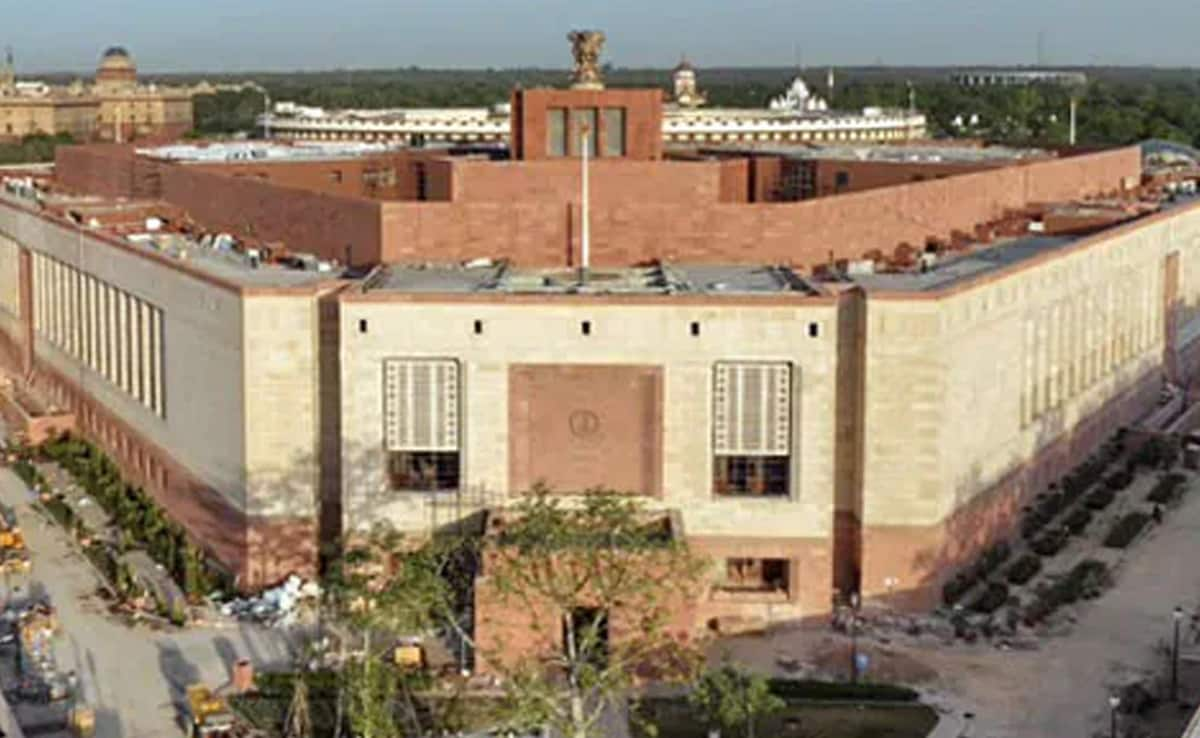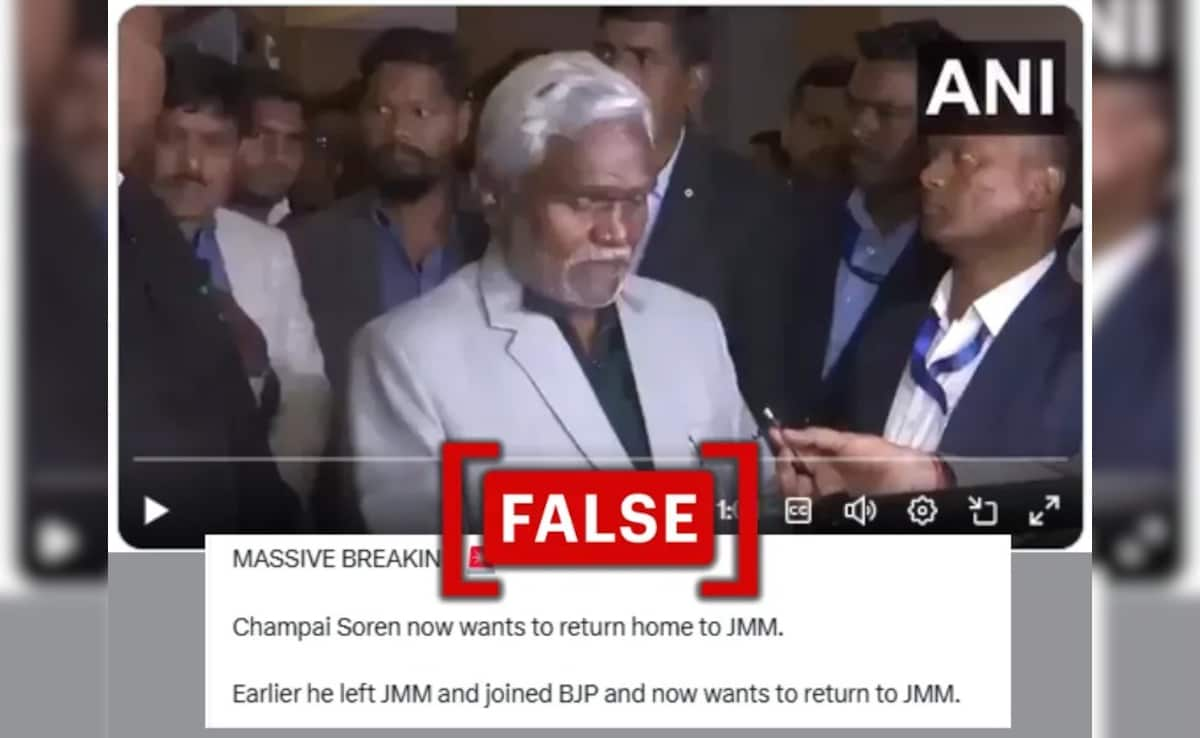
Listen here:
Vasudhendra’s Vision of Inclusive Storytelling and Social Change
Excerpts from the interview:
Q: Reading your fiction in English, there’s a leisurely pace but also packed with detail. And you have this wonderful knack of pulling the reader into the story. How do you do that?
A: I think the detailing comes with the personality. If you are less of a talker and more observer and listener, detailing will be very high in your writing. And we need to have a very humble personality. Because only then will you be able to develop empathy with others. I always felt like becoming a good storyteller is becoming a better person. These two are closely correlated, so my focus is on that. And maybe that has resulted in attracting these readers or making them feel it’s their own story.
Q: One of the things I think about when I read your works are that you write of ordinary lives in a way with great deal of humility, respect, generosity of understanding the situation.
A: It’s like a jigsaw puzzle. If you miss even a single piece, all the neighbouring pieces will find a vacuum. It’s the same way every character is important in this society. Not only human beings, even when I consider animals, I give lot of respect to them and I see how they might be feeling, though I cannot understand their feelings so easily. That’s the basic nature of my personality. So I’ve tried to give room for the other person and try to understand him, which gets reflected in the stories. And as far as Mohanaswamy is concerned, I’m touched because my book made so many gay men who are in the closet in Karnataka to recognise their story and feel that there was someone who was talking about them. So that was a noble experience that I went through.
Q: In ‘Tejo Tungabhadra’, were you using historical fiction as a platform to talk about issues which are dear to your heart today?
A: ‘Tejo Tungabhadra’ is a 15th and 16th-century book, historical fiction, but it includes lot of contemporary elements. Everything I write, or for that matter any author who writes, will be contemporary fiction. Because the background or the surroundings that we are going to put might be history, but whatever we will be thinking about is what is going on in the present. For example, we’ll take the women’s situation in Vijayanagara. Women were brainwashed to such an extent that when her husband died in war, she was expected to go and jump in fire and sacrifice herself. It’s an unbelievable thing. But if I come back to the current situation, I don’t see so much of a difference now. Even now the situation of women is so bad. When I was writing I felt that my heroine or my protagonist in the novel should dare enough to run away from jumping into the fire. If she does that, she will be a real good feminist for me. So that’s what I was looking for, you know. So that’s the core of my novel actually. And I’m not writing hagiographies. My novel is about the common man’s struggle at a particular period in the history.
Q: I cannot help but ask you this because of your previous profession as a techie. Do you think this whole hullabaloo about artificial intelligence will really play havoc in the writer space?
A: No, I think artificial intelligence will be always based on intelligence created by human beings till now. But we as human beings have always exceeded with the present situation. We have always invented something new. So, in that fashion, AI cannot take over us in any way. So we’ll always be there. But it might be scary from a personal level means if it starts creating havoc in day-to-day social life, we need to be careful how much we need to make use of AI. Just like fire, fire can burn the house, but it also cooks our food. So we use it for cooking food, not for burning our houses. If you are that sensible, I don’t think it can do much harm to us.







